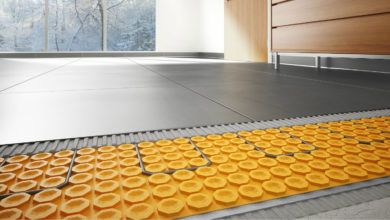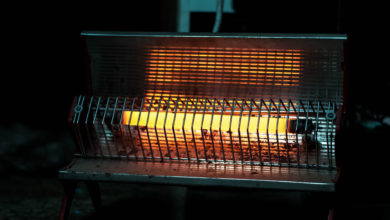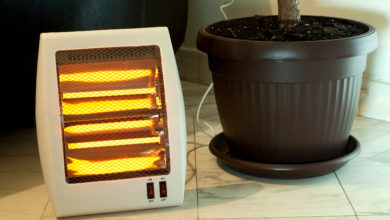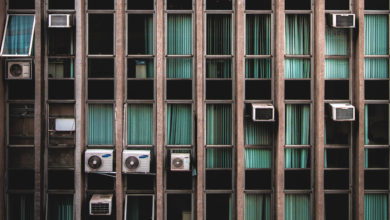Heating in the winter season can be complicated, expensive, and often ineffective. There are various indoor heating tips that can be mentioned but a lot of them are too subjective and specific to certain situations. Still, there are some indoor heating tips for the winter season which are pretty much always true and every one of us can apply.
What is a reasonable temperature for a house in winter?
Most people view 21 degrees Celsius as the standard temperature to aim for during the winter. That’s the minimum healthy temperature the World Health Organization used to recommend. However, various other organizations such as Public Health England have since stated that it’s better to keep your thermostat at 18 degrees Celsius during the winter as that’s both still good enough or our health and much lighter on the budget.
There’s a great deal of research that shows how turning your thermostat down with even just one degree can save you ~10% off your heating bill. As for when is it cold enough to put the heating on a higher setting – when the temperature drops below 18 degrees.
It’s better to keep your boiler working for longer at a lower setting
Instead of quickly firing your boiler at a high setting, it’s better to start it sooner and let it warm up slower but at a lower setting. Essentially, it’s not just important to know at what temperature should you turn on the heat, but how soon to turn it on as well.
Doing this can save a lot of energy as long as you don’t leave it working for too long.
Use your furniture wisely
It may feel awesome to place your sofa next to the radiator but keep in mind that this way you’re blocking the warmer air from reaching the rest of your home. It’s much better to keep the area around your heat source spacious so that the whole place can get warmer.
 Optimize your insulation
Optimize your insulation
A properly insulated wall and ceiling will improve the temperature in your home by over 25% and will save you a ton of money over the years. Investing in some insulation is one of the smartest things you can do for your budget and for your comfort.
Utilize the curtains
Our curtains and drapes are not something we think about when we consider heating options. Smart use of them can easily improve the temperature in your home by quite a bit, however. Always keep your curtains open when the sun’s shining outside to let as much of the heat get in. And once it gets dark – shut your curtains to preserve as much of the warmth as possible. After all, the air is one of the best insulators, and while that’s not their primary function, curtains are excellent at creating an air barrier between you and the outdoors cold.

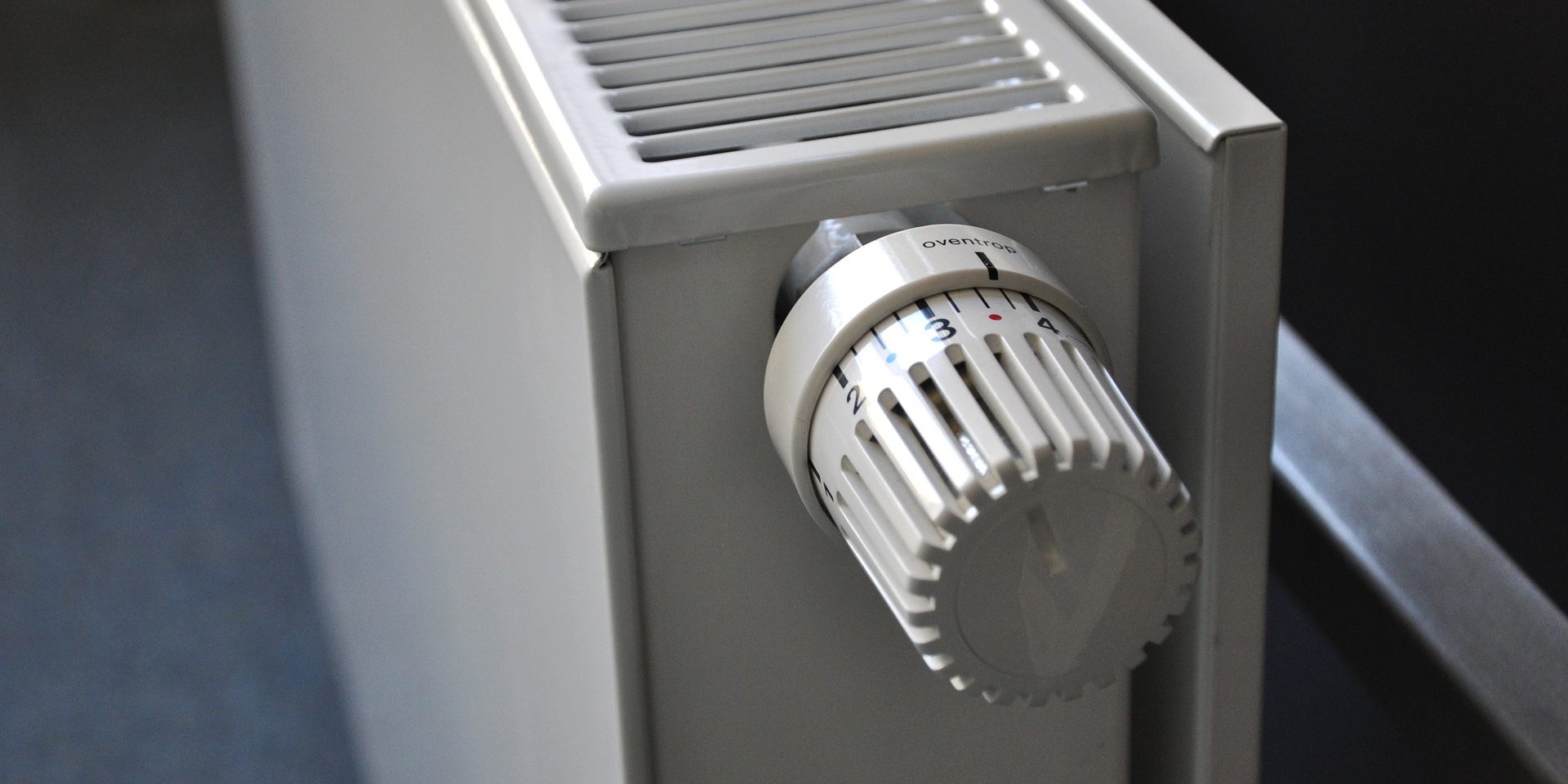 Optimize your insulation
Optimize your insulation